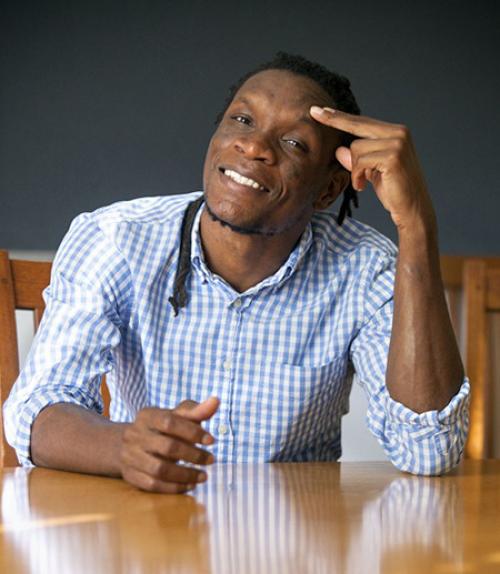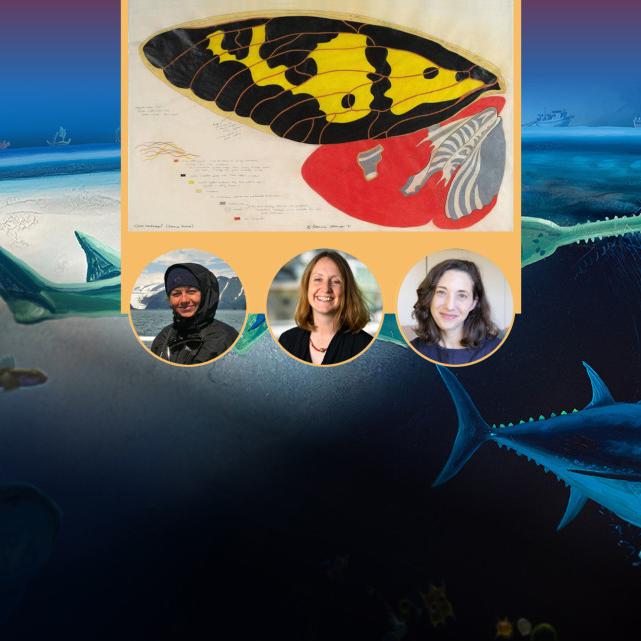
 Department Homepage
Department Homepage
 Department Homepage
The College of Arts & Sciences
Department Homepage
The College of Arts & Sciences
Hutchinson on Debussy's "Prelude to the Afternoon of a Faun"
"The Search for a Faun"My poem is called, “Prelude to the Afternoon of a Faun.” A famous title I am sure most of you will recognize. The fame is one of the reasons why I am self-conscious about what I am about to do in this reflection, which partly amounts to betraying the naïveté of my youth.




